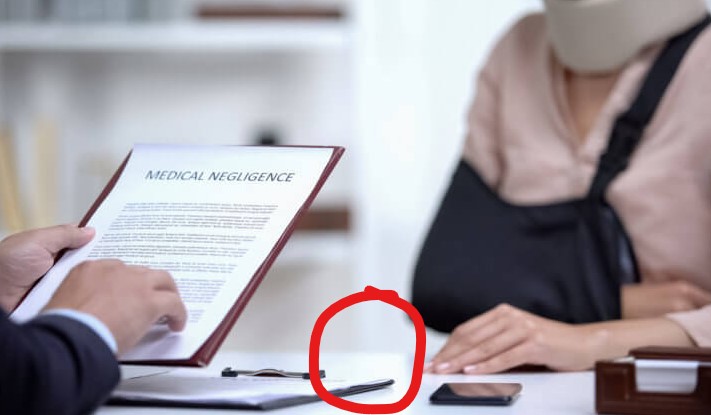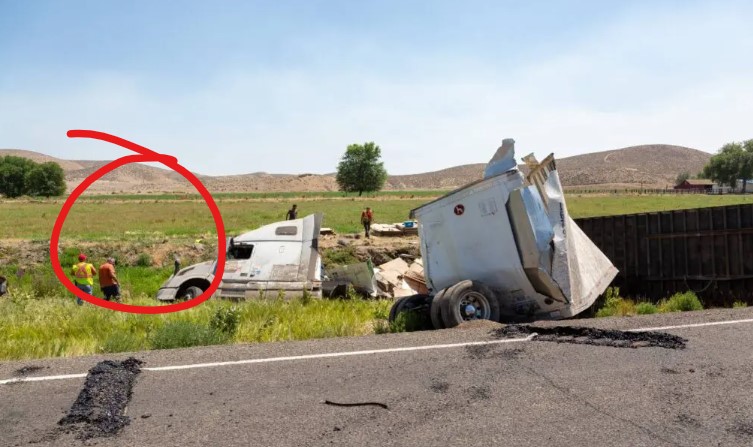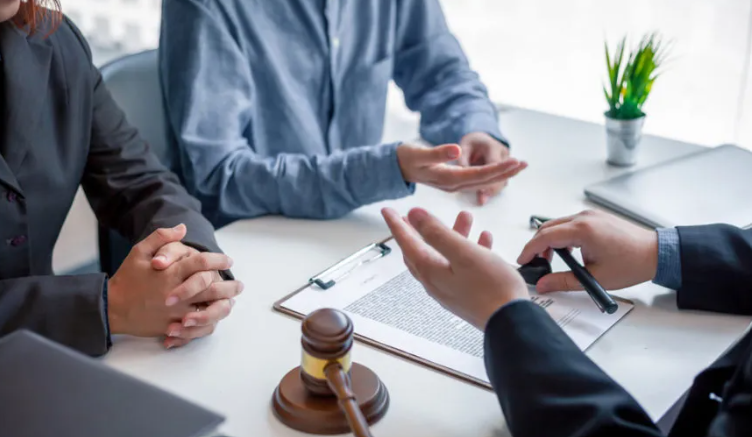
Filing for bankruptcy is a significant financial decision that can provide relief to individuals overwhelmed by debt. However, it comes with restrictions and consequences that you must understand. After filing bankruptcy, there are several actions you are not allowed to take. For example, you cannot discharge specific debts such as recent taxes, child support, or alimony. Additionally, you may not be permitted to keep certain assets or credit cards. Even opening new bank accounts or taking out loans may require court approval. This article will explain in detail what you cannot do after filing bankruptcy, the different types of bankruptcy, and why having a lawyer by your side can make the process smoother.
BOOK A FREE CONSULTATION NOW!
Understanding the Impact of Bankruptcy
Each year, hundreds of thousands of Americans find themselves in overwhelming debt due to unforeseen life events such as unexpected medical expenses, job loss, or economic downturns. Bankruptcy can serve as a legal tool to help individuals escape crushing financial burdens. However, it comes with limitations and long-term consequences.
Filing for bankruptcy should not be seen as an easy way out of debt. It’s essential to understand that not all debts can be discharged, and certain actions are prohibited during and after filing bankruptcy. Having a clear picture of these limitations can help you avoid complications and legal issues as you work toward rebuilding your financial life.
The Benefits and Drawbacks of Bankruptcy
Bankruptcy can offer several benefits, including stopping debt collection efforts, protecting your assets from creditors, and providing you with a clean slate to start over financially. However, it also comes with drawbacks, such as the potential loss of assets and a significant negative impact on your credit score, which can linger for several years.
By filing for bankruptcy, you are acknowledging that your financial situation has become unmanageable. While it can provide much-needed relief from creditors, it should be used as a last resort after all other options have been explored. There are also several restrictions on what you can and cannot do after filing bankruptcy, which will depend on the type of bankruptcy you file.
Do You Need a Lawyer to File for Bankruptcy in California?
The bankruptcy process is complex and involves both state and federal courts. Although it’s possible to file for bankruptcy on your own, navigating the legal system without professional guidance can be overwhelming. Additionally, any mistakes made during the filing process can result in your case being delayed or even dismissed, costing you both time and money.
This is why working with an experienced bankruptcy attorney is highly recommended, especially if your case involves complex issues such as multiple creditors, valuable assets, or disputes over debt. A lawyer can assist you in determining which type of bankruptcy—Chapter 7 or Chapter 13—is the best option for your situation. They can also help ensure that you comply with all court requirements and maximize your chances of a successful outcome.
At Tenina Law, our team of bankruptcy attorneys is here to help you through every step of the process. We will assist you in navigating the complex bankruptcy laws, protect your assets, and provide advice on how to handle creditors. Whether you’re considering filing for Chapter 7 or Chapter 13 bankruptcy, we can help you determine the best path forward.

BOOK A FREE CONSULTATION NOW!
What You Cannot Do After Filing Bankruptcy
One of the biggest concerns individuals have when filing for bankruptcy is what they can and cannot do once their case is in progress. It’s important to be aware of the restrictions that come into play after filing bankruptcy. Depending on the type of bankruptcy you choose, here are some key limitations you should expect:
1. You Cannot Discharge Certain Debts
While bankruptcy can help you eliminate many forms of debt, not all debts are dischargeable. For instance, you cannot discharge:
- Recent tax obligations: Taxes incurred within the last few years typically cannot be erased.
- Child support and alimony: These family-related financial obligations are non-dischargeable, meaning you are still responsible for paying them.
- Student loans: In most cases, student loans are not eligible for discharge unless you can prove that repayment would cause undue hardship.
2. You Cannot Keep All of Your Assets
When filing for Chapter 7 bankruptcy, some of your assets may be liquidated to pay off your debts. While certain assets are exempt—such as your primary residence and personal property—other non-exempt assets, such as second homes, valuable collections, or luxury items, may be sold off by the appointed trustee. This means you may lose some of your possessions in exchange for debt relief.
3. You Cannot Open New Bank Accounts Without Court Approval
After filing bankruptcy, you are prohibited from opening new bank accounts or taking out new loans without prior approval from the court. This restriction is in place to ensure that you are not taking on more financial obligations while your bankruptcy case is still in progress.
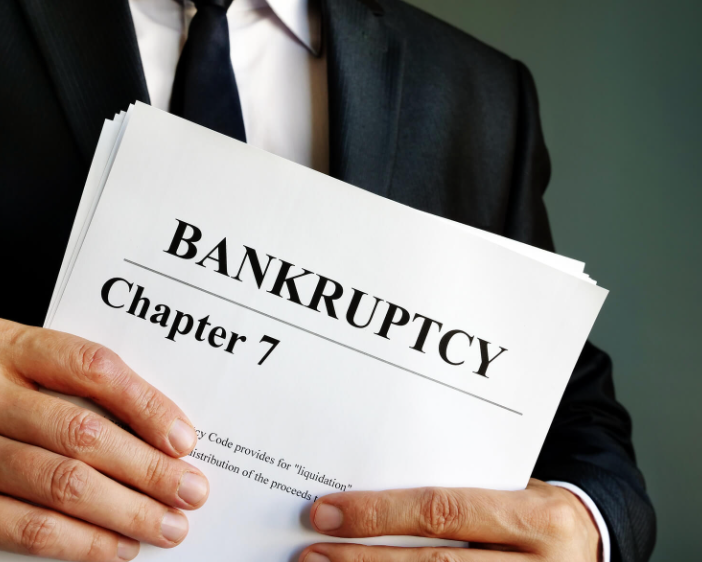
4. You Cannot Use Credit Cards
Once you file for bankruptcy, you cannot open new lines of credit or continue using your existing credit cards. Your creditors will likely close any active credit card accounts during the bankruptcy process. While this can be a setback, it is meant to prevent you from accruing additional debt.
5. You Cannot Enter Into New Leases Without Court Approval
If you need to lease a new apartment, car, or other asset while your bankruptcy case is pending, you must first seek approval from the bankruptcy court. The court needs to ensure that entering into a new lease does not jeopardize your ability to complete your bankruptcy repayment plan or worsen your financial situation.
Different Types of Bankruptcy
The two most common forms of bankruptcy are Chapter 7 and Chapter 13. The type of bankruptcy you choose will determine what you can and cannot do during and after filing bankruptcy.
Chapter 7 Bankruptcy
Chapter 7 bankruptcy, often referred to as liquidation bankruptcy, is best for individuals, married couples, and businesses that are unable to pay off their debts. In this process, non-exempt assets are liquidated to pay creditors, and any remaining debts that qualify are discharged. It’s important to note that some debts, as mentioned earlier, cannot be discharged.
Chapter 13 Bankruptcy
Chapter 13 bankruptcy, on the other hand, involves reorganizing your debts into a manageable repayment plan. Instead of liquidating your assets, you make regular payments to your creditors over three to five years. This type of bankruptcy allows individuals to retain their assets while repaying a portion of their debts.
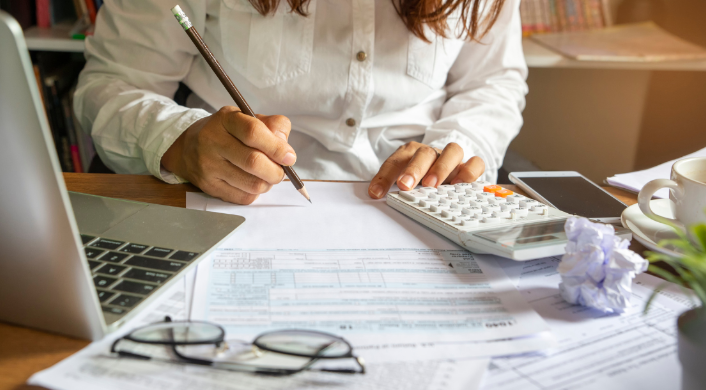
How Tenina Law Can Help You?
Filing for bankruptcy is not an easy decision, but it can provide a fresh financial start, relief from creditors, and the opportunity to take control of your future. At Tenina Law, our experienced bankruptcy attorneys are here to assist you every step of the way. We will help you evaluate your options, protect your rights, and ensure that you receive the debt relief you need.
Contact us today for a free confidential review of your case and let us guide you through the bankruptcy process with confidence.


